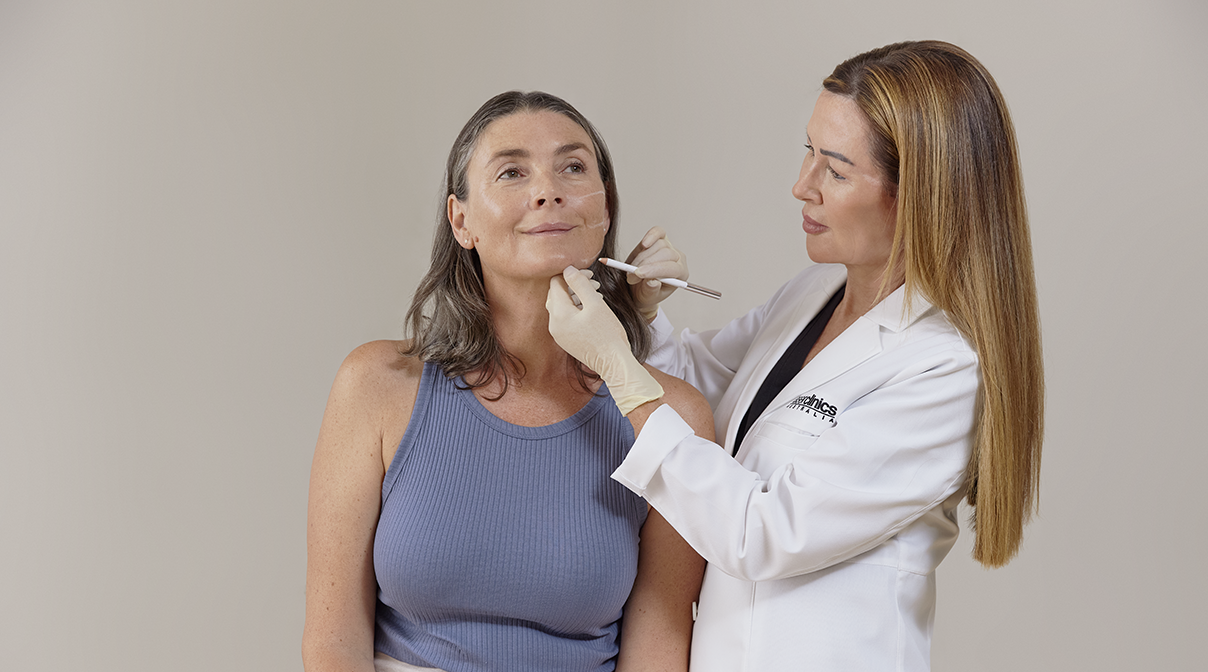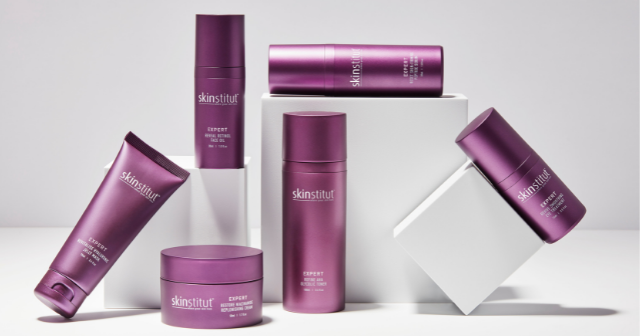Code of Conduct Policy
Respect and care go hand in hand
At Laser Clinics Canada, we believe in a safe, welcoming environment for everyone. We take our commitment to health and safety seriously and strive to create a safe setting for both our team members and you, our valued clients.
Workplace law requires our team members to be free of threats, which include; sexual harassment, harassment, bullying or threatening behaviour.
To create the safest space for our team members, we do not accept the above behaviour and anyone displaying this behaviour will be asked to leave our clinic. We also reserve the right to end a treatment or refuse treatment to anyone who is displaying these behaviours.
We appreciate your understanding and thank you for allowing us to continue helping you feel more confident in your own skin!
Our Behavioural Standards
At Laser Clinics Canada (LCCA), we take our commitment to health and safety seriously and, in accordance with the Occupational Health and Safety Act (OHSA) and the Ontario Human Rights Code (OHRC), strive to create an environment that is safe and without risks to physical and psychological health, including because of bullying, harassment, discrimination, sexual harassment and workplace violence and aggression.
As a client of LCCA, you have a right to expect an environment in which you are treated with courtesy and respect by our team members.
LCCA requires clients to behave in compliance with its behavioural expectations and to take reasonable care that their own acts or omissions do not adversely affect the health and safety of other persons such as LCCA’s team members.
LCCA reserves the right to cease service, or refuse service to anyone who breaches, or has breached, its behavioural expectations, including but not limited to persons engaging in:
-
- Bullying;
- Harassment
- Physical violence;
- Aggression;
- Sexual harassment; and
Sexual harassment is any unwelcome sexual advance, unwelcome request for sexual favours or other unwelcome conduct of a sexual nature, in circumstances where a reasonable person, having regard to all the circumstances, would anticipate the possibility that the person harassed would be offended, humiliated, or intimidated. Sexual harassment can be overt, covert, or subtle and can include:
-
- Unwelcome touching, hugging, cornering or kissing
- Inappropriate staring or leering
- Suggestive comments or jokes
- Using suggestive or sexualised nicknames for co-workers
- Sexually explicit pictures, posters or gifts
- Circulating sexually explicit material
- Persistent unwanted invitations to go out on dates
- Requests or pressure for sex
- Intrusive questions or comments about a person's private life or body
- Unnecessary familiarity, such as deliberately brushing up against a person
- Insults or taunts based on sex
- Sexual gestures or indecent exposure
- Following, watching or loitering nearby another person
- Sexually explicit or indecent physical contact
- Sexually explicit or indecent emails, phone calls, text messages or online interactions
- Repeated or inappropriate advances online
- Threatening to share intimate images or film without consent, and
- Actual or attempted rape or sexual assault.
Some types of sexual harassment or violence could also be a criminal offence. Sexual harassment or violence constituting criminal conduct will be reported to the police.
LCCA team members will not hesitate to call out behaviour that does not comply with LCA’s behavioural expectations, and will take steps necessary to cease service and to refuse any further or future service(s).
LCCA team members are entitled to cease service or refuse to carry out service, if the team member has a reasonable concern that to carry out the service would expose them to a serious risk to their health and/or safety, emanating from an immediate or imminent exposure to a hazard.






